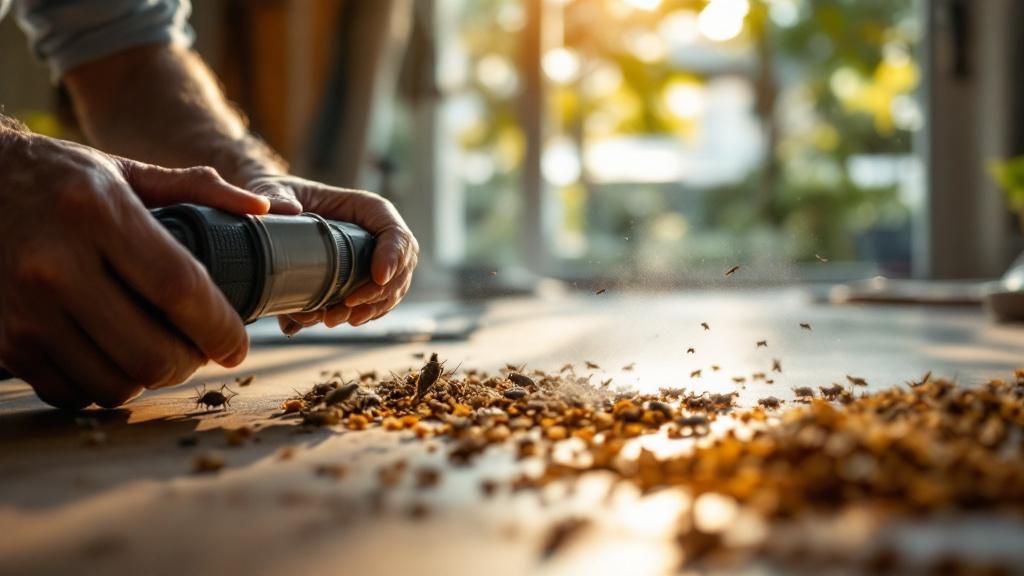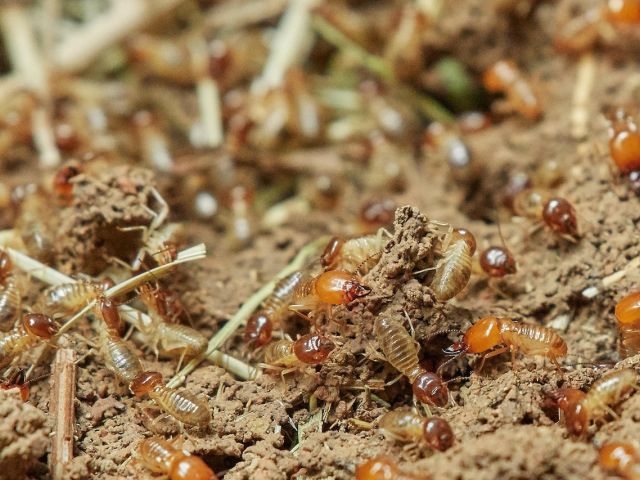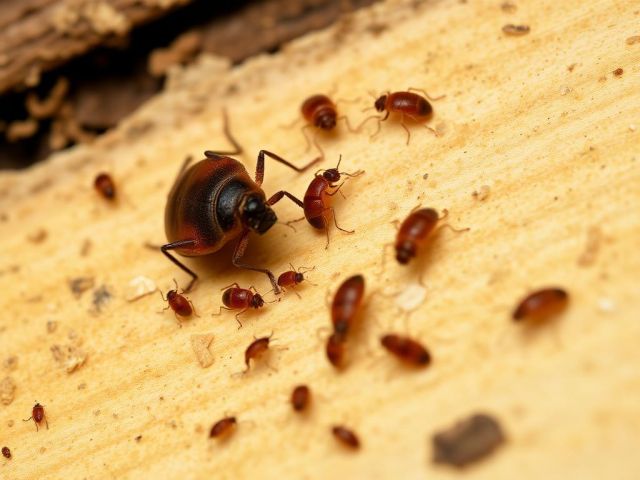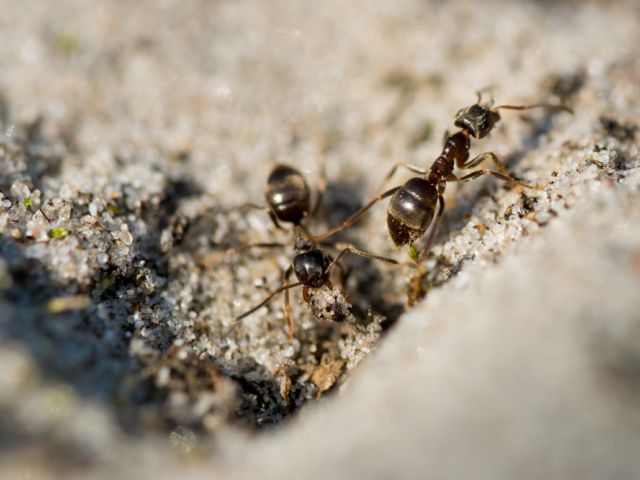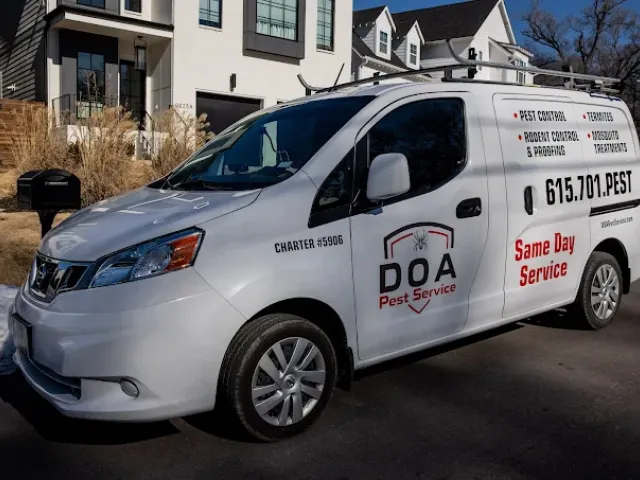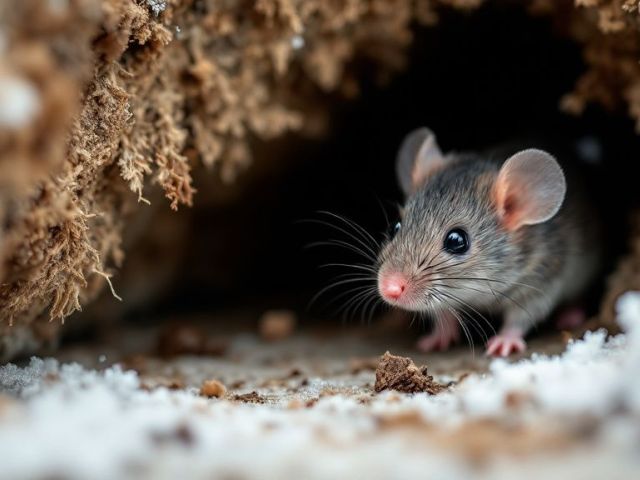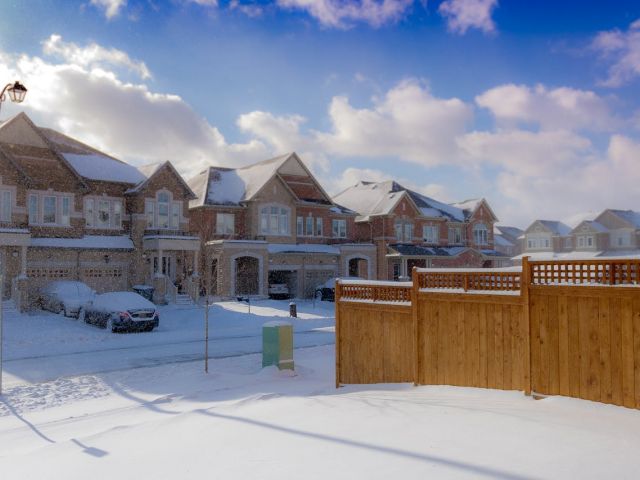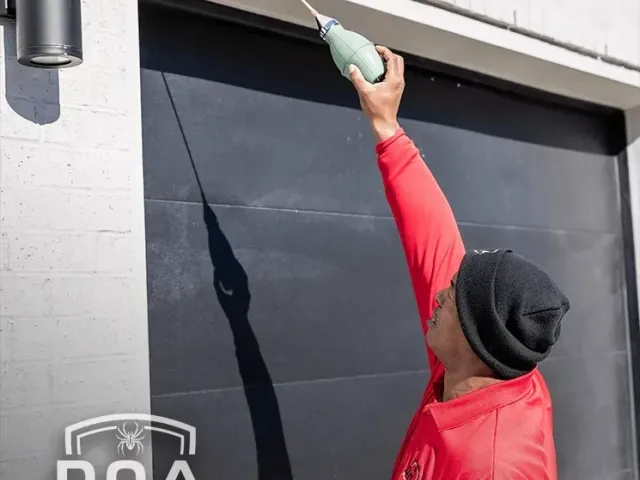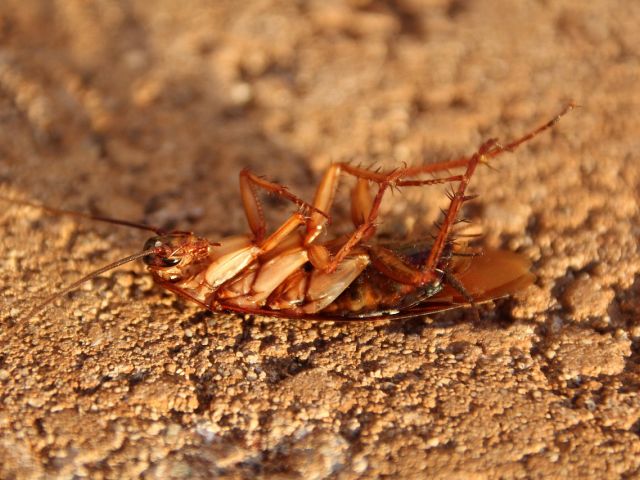How Pest Infestations Can Lower Your Property Value in Nashville
Key Takeaways
-
Termites, rodents, and cockroaches can severely decrease home value.
-
Structural damage from pests is a red flag for potential buyers.
-
Preventative pest control plays a crucial role in protecting property investments.
-
Professional pest management services help detect and eliminate infestations early.
-
Regular inspections and treatments maintain both safety and marketability.
Nashville homeowners may not realize just how much pests can affect their property’s financial worth. Infestations—especially from termites, rodents, and cockroaches—are not just annoyances; they can cause structural damage, lower curb appeal, and scare off potential buyers.
Termites, for instance, are known to cause thousands of dollars in damage to wooden structures. A home with termite issues can see its value drop significantly—sometimes by 10% or more—due to compromised framing and foundation elements.
Rodents chew through walls and wiring, creating fire hazards and weakening structural integrity. Meanwhile, cockroaches signal poor sanitation and can deter buyers during open houses.
Common Pests That Undermine Home Value in Nashville
Certain pests are especially notorious for damaging homes in the Nashville area:
-
Termites – The most destructive, often going unnoticed until repairs are costly.
-
Rodents – Gnawing pests that damage insulation, wiring, and even plumbing.
-
Cockroaches – Associated with health hazards and unsanitary conditions.
-
Carpenter ants – Known to hollow out wood, similar to termites.
-
Bed bugs – Though not destructive, they make homes feel unlivable and can impact resale.
Even seemingly minor infestations can affect home inspections, slow down property sales, or reduce buyer offers by thousands of dollars.
The Financial Impact of Pest Problems on Real Estate
When pest issues are left untreated, they often show up during home appraisals or inspections. The result? Lower offers, decreased negotiating power, or deals that fall through entirely.
Here’s how pests impact real estate value:
-
Structural repairs due to termite or rodent damage can range from $3,000 to $8,000+.
-
Treatment costs can be significant, especially for long-standing infestations.
-
Buyer perception is hard to overcome once pests are discovered—buyers may walk away or demand steep discounts.
These costs don’t just impact sellers. Landlords and investors also suffer through longer vacancy periods and higher maintenance costs.
Proactive Pest Control Is a Smart Investment
Instead of viewing pest control as just another maintenance expense, property owners should see it as a long-term investment in preserving property value. Regular inspections and preventative treatments help:
-
Catch infestations before they escalate.
-
Maintain the aesthetic appeal of the home.
-
Protect structural integrity and safety.
-
Improve resale potential and tenant satisfaction.
By addressing pest issues early, homeowners avoid costly repairs and increase their property’s appeal in a competitive real estate market.
The Role of Weather and Climate in Pest Infestations
Tennessee’s seasonal shifts—humid summers and mild winters—create ideal breeding conditions for pests. Damp basements, warm attics, and poorly sealed exteriors become easy entry points for rodents and insects.
Climate change is also extending the active months for many pests, making year-round pest control even more important. Increased rainfall can lead to termite swarms, while milder winters allow rodents to remain active indoors.
Why Professional Pest Services Matter
DIY solutions may work temporarily, but they rarely address the root of the infestation. Licensed pest control providers bring key advantages:
-
Thorough property inspections using advanced detection tools.
-
Targeted treatment plans tailored to each pest species.
-
Safe, eco-friendly products that minimize health risks.
-
Long-term prevention strategies that seal off entry points and eliminate nesting sites.
For Nashville homeowners serious about protecting their home’s value, working with a local pest expert is the most reliable approach.
Preventing Property Devaluation: A Strategic Approach
To safeguard property value from pest-related losses, consider the following steps:
-
Schedule annual inspections for common pests like termites and rodents.
-
Invest in moisture control to eliminate breeding conditions.
-
Seal foundation cracks, roof gaps, and vents.
-
Keep landscaping trimmed and free of debris.
-
Store food properly and manage waste efficiently.
By integrating these steps into routine maintenance, homeowners can create an unwelcoming environment for pests—and a more attractive one for buyers.
Trusted Support From Local Experts
In a fast-growing city like Nashville, where property values continue to climb, the last thing you want is a pest problem dragging yours down. Companies like DOA Pest Service offer tailored inspection and treatment plans that address local pest pressures head-on.
Whether you’re preparing to sell, renovate, or simply maintain your home’s value, professional pest control is a smart move. DOA Pest Service combines years of experience with up-to-date methods to help protect homes across the Nashville area—without disrupting your daily life.
Frequently Asked Questions
How much can pests reduce my home’s value?
Severe infestations—especially termites—can drop a home’s value by 10% or more, depending on the extent of the damage and repair needs.
What pests are most harmful to property value?
Termites, rodents, and carpenter ants are the top culprits when it comes to structural damage that affects resale potential.
Can pest control really increase home value?
Yes. Regular pest control reassures buyers, prevents costly damage, and improves the livability of the home.
Are professional pest inspections necessary before selling a home?
They’re highly recommended. Undetected pest issues found during buyer inspections can derail a sale or lead to heavy concessions.
How often should I schedule pest treatments?
Seasonal or quarterly treatments are ideal for most homes, but frequency may vary based on pest pressure and property size.
